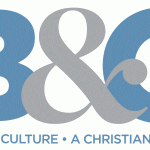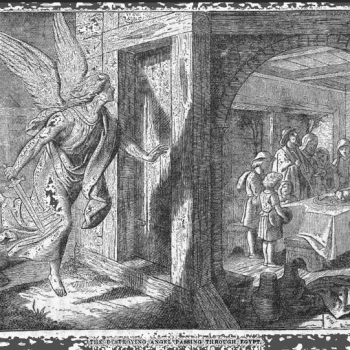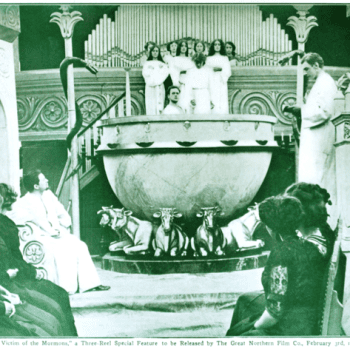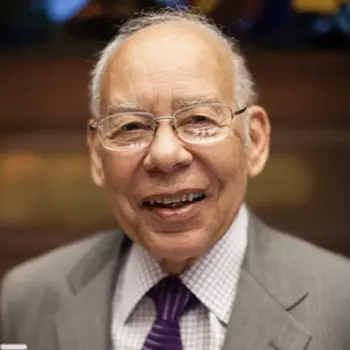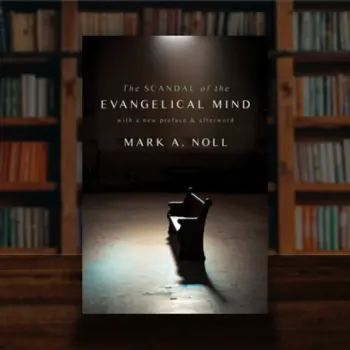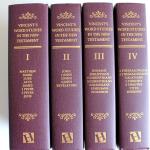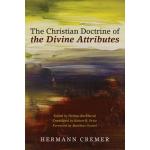Christians, who are people of the Book, follow political scripts as well as biblical scripts. The Right preaches small government and identifies with the Republican Party. The Left preaches an interventionist government and identifies with the Democratic Party. There are almost exact religious analogues. The public face of the Christian Left matches the Democratic Party, and the public face of the Christian Right even more closely matches the Republican Party. It seems that subscribing to a political party traps you in a closed system.
Is it because these platforms are internally coherent? Not really. Most advocates of the Right don’t preach small government when it comes to the military. Most advocates of the Left don’t preach interventionism when it comes to sexuality.
Rather, it’s because cues and scripts are so powerful—especially for audience-centered evangelicals who thirst for cultural power. The same fundamentalists who pined for Christian character in the Bill Clinton White House have now embraced, using mind-boggling logical gymnastics, the most secular presidential candidate in American history. The names include Jerry Falwell, Franklin Graham, Ralph Reed, Tony Perkins, R.R. Reno, Cal Thomas, James Dobson, Ted Cruz, and until recently Wayne Grudem. Indeed, upwards of 80% of white evangelicals (which is not the same thing as all evangelicals), according to the Pew Research Center, have now endorsed the strong man.
According to Jonathan Haidt, a behavioral and political psychologist, the power of moral-political scripts explains the strange behavior. There are six fundamental ideas that undergird moral systems: care, fairness, liberty, loyalty, authority, and sanctity. The foundation for cooperation among conservatives and liberals exists—both sides buy into each of these ideals. But each side elevates several of these ideals above the others. They fundamentalize certain ideals.
The Left, for instance, emphasizes fairness and fighting oppression and conceives of the world in terms of a myth of equality and community. Progressives understand history as an ongoing struggle to realize these ideals. The Right, on the other hand, emphasizes liberty and authority. Conservatives are animated by a mythic ideal of the right ordering of society and see modern history as a decline from order to disorder. In either case, liberals and conservatives follow narratives about how the world is—and should be—ordered. Evidence that doesn’t fit these myths is typically ignored, and the other side is often dismissed as pathological.
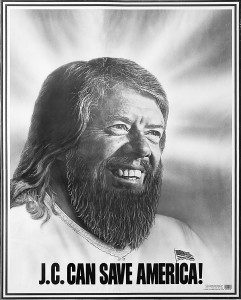
The hardening of these narratives is compounded when faith is attached to them. As sociologist James Hunter explains, “What intensifies the power of political myths is the fact that they are often infused with ultimate meaning; and among people of faith, they are often conflated with the ideals of the coming kingdom. This fact makes political myths combustible—as much of a problem as it is a potential good–for the way they invariably provide other-worldly justifications for this-worldly actions.”
This doesn’t keep us safe and secure from all alarm. It keeps us safe and secure from all refutation. The stark dualism justifies the martial nature of the culture wars. And it proves irresistible for many culture warriors. After all, political combat offers many of the same attractions as physical combat. War correspondent Chris Hedges describes the lure of combat in this way: “Excitement, exoticism, power, chances to rise above our small stations in life, and a bizarre and fantastic universe that has a grotesque and dark beauty.” Tragically, other-worldly faith fuels worldly myths.
Christian activists on both sides are complicit in the demonization of the enemy. According to Hunter, they have “embraced a means to power that seethes with resentment, anger, and bitterness for the injury they believe they have suffered.” Hunter calls this posture “ressentiment,” and it fits the narrative of a declining Christian America. But in resorting to ressentiment, Christians undermine the message of the very gospel they desire to advance. In fact, Hunter says that many evangelical political activists are “functional Nietzscheans.” Both liberal and conservative Christians have become “instrumentalized on behalf of different party structures, jockeying for power.” They seem more animated by the deadly sins than the fruits of the spirit.
Beyond the effects on evangelicals’ souls, it has devastating effects on their Christian witness. In their study of contemporary religion, American Grace: How Religion Divides and Unites Us, Harvard sociologist Robert Putnam and Notre Dame political scientist David Campbell write that the extraordinary rise of people who affiliate with no religion is due in part to their rejection of its entanglement with politics. Today 20 percent of the population says they have no faith. Putnam and Campbell write, “A growing number of Americans, especially young people, have come to disavow religion. For many, their aversion to religion is rooted in unease with the association between religion and conservative politics. If religion equals Republican, then they have decided that religion is not for them.”
What a terrible irony for evangelicals, a group of religious believers presumably committed to evangelism.


